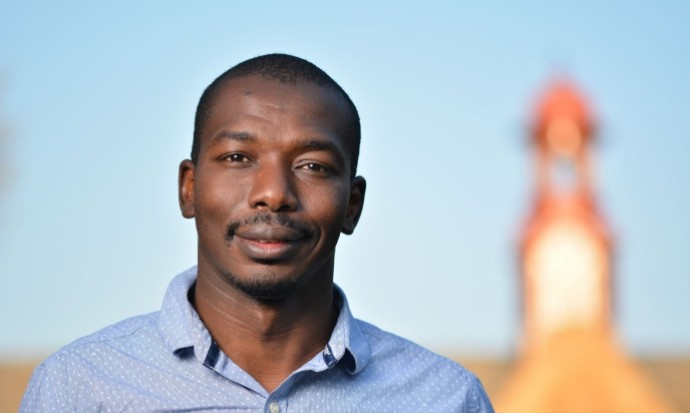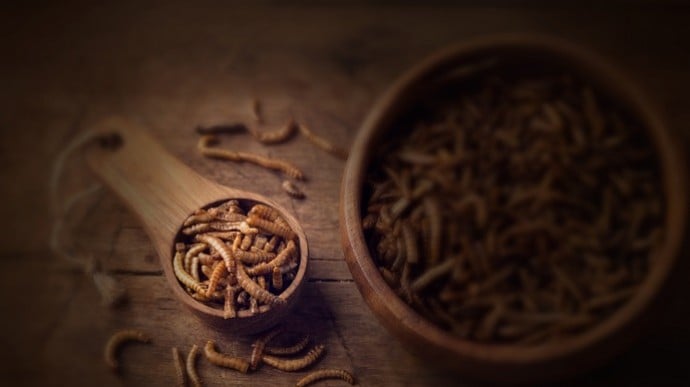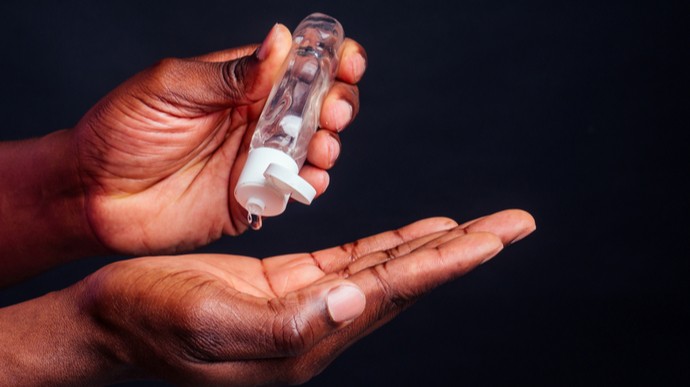
Professor Abdullahi Ahmed Yusuf's general research interests revolves around the study of the behaviour and chemical ecology of social insects. Specifically, he seeks to understand pheromone communication and reproductive dominance in bees, ants and termites at the colony, individual and cellular levels. He does this using a wide range of techniques within the fields of analytical chemistry, behavioural and molecular ecology as well as mathematical biology.
 Story
Story
Cricket à la king? How about a yellow mealworm burger? Foods that may previously have evoked a ‘yuck’ response are now firmly on the menu. Research into edible insects by the Department of Zoology and Entomology at the University of Pretoria (UP) is exploring how to rear and harvest this food of the future.
 Story
Story
A scientist from the University of Pretoria (UP) has found that commercial, off-the-shelf hand sanitisers used by the public in Gauteng and Tshwane do not contain the recommended alcohol content, and are mostly incorrectly labelled according to local and international standards.
 Story
Story
According to the World Bank, land, biodiversity, oceans, forests and many other forms of natural capital are being depleted at an unprecedented rate and, unless we change how we grow our food and manage our natural capital, food security will be at risk, especially for the poorest people of the world.
 Video
Video
According to the World Bank, land, biodiversity, oceans, forests and many other forms of natural capital are being depleted at an unprecedented rate and, unless we change how we grow our food and manage our natural capital, food security will be at risk, especially for the poorest people of the world.
 Story
Story
Have you ever thought what would happen if honey bees disappeared? A world without honey bees and their pollination services also means a world without many of our food sources.
Copyright © University of Pretoria 2025. All rights reserved.
Get Social With Us
Download the UP Mobile App